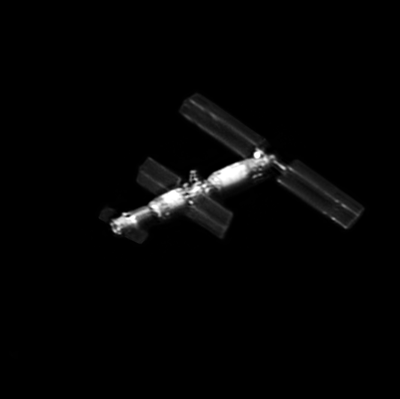SpaceX cancels launch after reviewing static fire test data
After a review of the test data produced during its standard dress rehearsal countdown and static fire prior to launch, SpaceX decided to cancel a Falcon 9 launch yesterday, carrying 52 Starlink satellites.
The first stage booster had previously launched 10 times, though it is not clear if this is the cause of the delay.
It’s not the first time SpaceX has delayed a launch indefinitely after a static fire test, but it is the first time in years. SpaceX semi-regularly stands down from launch attempts to conduct inspections or complete minor repairs or component replacements when data is amiss or contradictory, but those plans tend to mention the next launch target. This time, even SpaceX’s website has been scrubbed to say that “a new target launch date [will be announced] once confirmed.”
The last time a prelaunch static fire was explicitly blamed for a launch delay was in August 2019, when SpaceX fired up a Falcon 9 rocket ahead of its Amos-17 launch, didn’t like what it saw, decided to replace a valve on the booster, and then conducted a second static fire test to clear the rocket to launch. It’s possible that Starlink 2-4’s sequence of events will end up being similar.
After a review of the test data produced during its standard dress rehearsal countdown and static fire prior to launch, SpaceX decided to cancel a Falcon 9 launch yesterday, carrying 52 Starlink satellites.
The first stage booster had previously launched 10 times, though it is not clear if this is the cause of the delay.
It’s not the first time SpaceX has delayed a launch indefinitely after a static fire test, but it is the first time in years. SpaceX semi-regularly stands down from launch attempts to conduct inspections or complete minor repairs or component replacements when data is amiss or contradictory, but those plans tend to mention the next launch target. This time, even SpaceX’s website has been scrubbed to say that “a new target launch date [will be announced] once confirmed.”
The last time a prelaunch static fire was explicitly blamed for a launch delay was in August 2019, when SpaceX fired up a Falcon 9 rocket ahead of its Amos-17 launch, didn’t like what it saw, decided to replace a valve on the booster, and then conducted a second static fire test to clear the rocket to launch. It’s possible that Starlink 2-4’s sequence of events will end up being similar.


